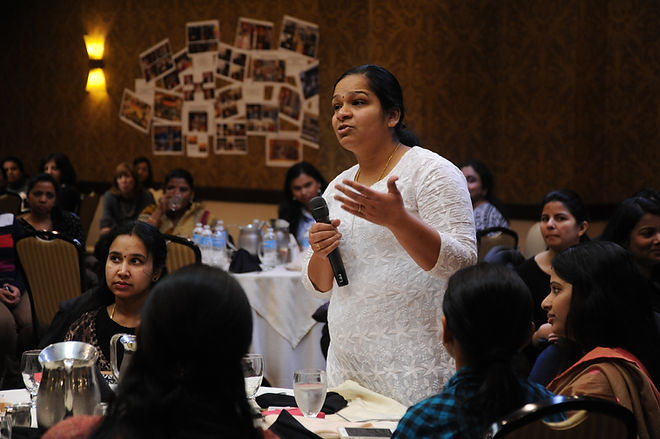Dear John,
Now I know how you’d respond to this statement. You’d either reject it outright as clearly nonsense, or ask if I’d inadvertently inserted a space, and it should read “5.70% of all communication…”

I remember when I realised there might be something in it – it was towards the end of my teacher training; I was 23. But even so, it’s still a pretty hopeless statement, so let’s clear it up a bit.
“For normal people, in certain types of conversation, a very high proportion of communication is non-verbal.”
That’s a lot better, and I hope you’d respond to it by being interested rather than by rejecting it out of hand. After all, you’ve never regarded yourself as “normal”, except in the sense of “at 90 degrees to what people expect”, and the statement should be clear that it isn’t talking about factual lectures, etc.
So what is it talking about? Small talk for instance. I know you hate it; I don’t disagree with you. But most of the point of small talk isn’t the inane information being conveyed by words, but a whole load of other information about perceived social value, group bonding, and so on. For example, people feel valued by others spending time in engaging in small talk with them, especially if they say they like the same things, resent the same people, and so on, and even if the other people aren’t telling the truth about it! And then there’s body language, which is a real thing and there are books about it if you want to understand it. (You will; that’s another thing I learned during teacher training.)
Add that all up, and I imagine it comes to a lot more than 70%.
You don’t like small talk partly because you currently only notice a tiny fraction of the information being conveyed. I’m still not much good at it, but at least I see that I’m no good at managing the multiple different information streams.
Part of the reason you aren’t very popular is that others perceive you not wanting to engage in small talk as not valuing them as people. Yes, that’s their mistake, and yes that kind of shows their prejudice (pre-judice = judging without bothering to get adequate information), but it’s more of a problem for you than for them.
It’s not really prejudice, not like racism in the US in the 1950s and 60s something. In modern terms, it’s what we’d call a lack of inclusion. People have systems they use to make friends, bond relationally and so on, and those systems inadvertently have the effect of excluding the minority of people who are like you. A comparable example would be a cinema or church which could only be reached by steps excluding wheelchair users. It’s accidental, inconsiderate even, but not deliberate.
But then most of them have never really got to know someone like you, for the reasons above, and so don’t know that their naturally-wired friendship making skills often have the effect of excluding you.
Sorry, but until people get serious about including autistic people in friendship groups (hint – conversation games work well), you’re going to have to do the extra leg work on this…
All the best,
Future John

Fearfully & Wonderfully Broken is a series of letters from an autistic pastor to his teenage self, covering topics like faith, autism, disability and how to cope with life.
Most of the titles are deliberately wrong, and/or provocative (see letter 2).
 John Allister is the vicar of St Jude’s Church in Nottingham, England.
John Allister is the vicar of St Jude’s Church in Nottingham, England.
At age 18, he was a maths/science geek who didn’t realise he was autistic.
